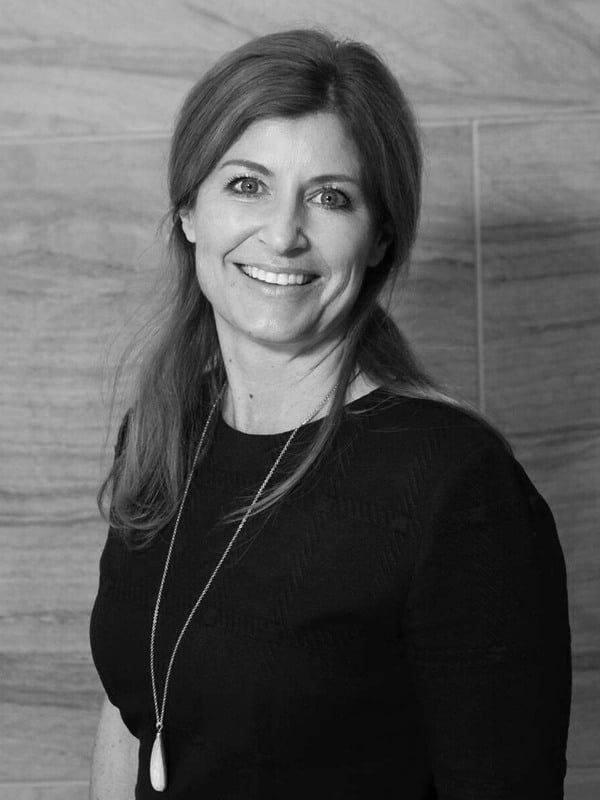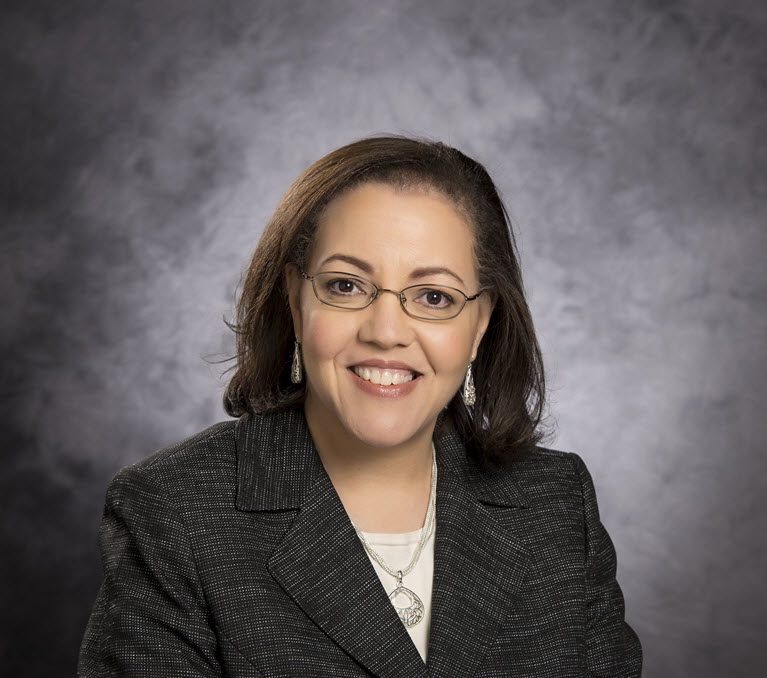
When you have a serious illness such as cancer, you often feel emotionally drained and helpless, as things are being done to you and well-meaning people tell you what to do. But there are integrative oncologists—doctors who can show you how to be a significant player in your own care! They help you ease side effects, understand what is happening to you, learn what you can do to feel better and increase your chance of regaining a healthy life.
Dr. Heidi Rula, MD, is the Medical Director of Supportive Care Services at Ironwood Cancer & Research Centers in the Phoenix, Arizona metro area.
“I am an integrative oncology physician. I support cancer patients as they go through and recover from treatment, and I also provide survivorship programs,” she shared with Top Doctor Magazine.
In over 20 years of practicing in the Phoenix area, Dr. Rula has been a local pioneer, playing a crucial role in introducing integrative medicine to the area and launching the center’s Integrative Oncology program. She helped develop a way to combine primary care and complementary therapies.
Dr. Rula’s career path was inspired by her mother, who had terminal cancer about 20 years ago. She shared how,
“At that time, integrative oncology was just starting, and there were few supportive services for cancer patients. No whole-person experience of cancer care, just drug treatments. That motivated me to look at health and healing in a different way.”
With Dr. Rula as our guide, let’s explore integrative oncology—what it is and how it benefits cancer patients.
What Is Integrative Oncology?
In the Journal of the National Cancer Institute, integrative oncology is defined as a patient-centered, evidence-informed field of cancer care that utilizes mind and body practices, natural products and/or lifestyle modifications from different traditions alongside conventional cancer treatments. Integrative oncology treats mind, body, and spirit, giving physical and emotional support as patients experience chemotherapy, surgery and primary care medications.
“I consult with patients, helping them with side effect management and recovery from cancer treatments. Integrative oncology is really about providing holistic support for patients during and beyond their cancer treatment—side effect management, overall wellness and lifestyle changes,” she further expounds to Top Doctor Magazine.
Dr. Rula explains that “the goal is to bring these two worlds together—traditional and integrative—in a team-based model with various professions.”
Complementary Therapies
Complementary therapies may include:
- Mind-body techniques: mindfulness, biofeedback, meditation, relaxation, hypnosis, yoga, guided imagery and spirituality.
- Biologically based practices: diet, nutritional supplements, herbs, and exercise.
- Physical techniques: acupuncture, Reiki, and Tai chi.
Therapies also include support groups. Specific techniques used are based on what is safe and effective for each patient’s needs and conditions.
All Phases of Cancer Care
Integrative treatment parallels the entire range of cancer care, from diagnosis through completed treatment and prevention of recurrence. In a recent presentation, Dr. Rula outlined the practice:
“We work with all phases of cancer care. We help decrease side effects, gear up for surgery, promote healing and address complications. We incorporate complementary therapies to help them better tolerate conventional treatment.”
Another essential role involves survivorship, where patients learn to take an active role in reducing the chance of cancer recurrence.
“Once they’ve completed treatment, I help them deal with the after effects and show them how to get back to living again,” Dr. Rula further explains to Top Doctor Magazine.
Lifestyle
“Lifestyle choices are the foundation for your health. Studies in pharmaceutical journals have concluded that only five to 10 percent of cancers are related to genetics. All others have environmental and lifestyle factors. This is where you can take ownership for your own care.” Dr. Rula emphasizes the relevance of lifestyle factors in the development of cancer.
In 60- to 90-minute consultations, Dr. Rula discusses with each patient their personal goals and collaborates with them to develop a plan for ongoing health. During these discussions,
“We get into lifestyle—nutrition, support systems, physical activity, sleep habits, supplements and medical history.”
Dr. Rula outlines steps patients can take to prevent a recurrence, starting with a healthy diet. She points out that,
“35% of cancers have a diet component.”
Decreasing the harmful toxin intake, such as smoking and alcohol, increasing daily exercise, getting ample sleep and managing stress levels contribute to a healthy lifestyle. And fortunately, they are all viable choices.
Empowerment and Involvement
Dr. Rula explains that integrative oncology is “very patient-centered. We really try to work with each patient to identify their health goals and their preferred ways of addressing their health issues. We educate, empower, and inspire them to take that active role.”
As an example of how integrative oncology helps, she recalls one patient:
“This woman with breast cancer was really overwhelmed with her diagnosis and couldn’t imagine getting through it. She believed it was something she would never recover from, and she felt she was losing control of her life. So I worked with her, laying out all the different aspects and identifying how we could support her and help get her through it all. We talked about what we could do during her chemotherapy and recovery. It was great to see her start to feel like she would conquer this. She had a strong vision of her own good health in the end.”
The Future of Integrative Oncology
Dr. Rula sees a hopeful future for cancer care. Treatments will be less toxic and more manageable for patients. As for integrative oncology,
“That is going to be more of a standard of care. You’re seeing more and more centers around the country incorporating integrative oncology services. And so I think patients will expect these services to be available.”
The integrative oncology field is growing and becoming more widely recognized. As a result, oncology providers are supportive of and refer patients to complementary therapies. In one study, 46% of patients used complementary therapies because it gave them hope and more control over their situation.
A Parting Reminder
The growing field of integrative oncology is about helping patients cope, giving them options, and showing them that they are not helpless. When you know you can play a role in your own care, things improve—your outlook, your relationships with your doctors and the overall quality of your care.
Dr. Rula is happy to stay in the field:
“It’s been incredibly rewarding to work with these patients. It’s exciting to be able to change the cancer care experience.”
This evidence-based approach, added to primary care treatments, treats the whole person. You know you are not alone. You have options. And you are empowered.






0 Comments